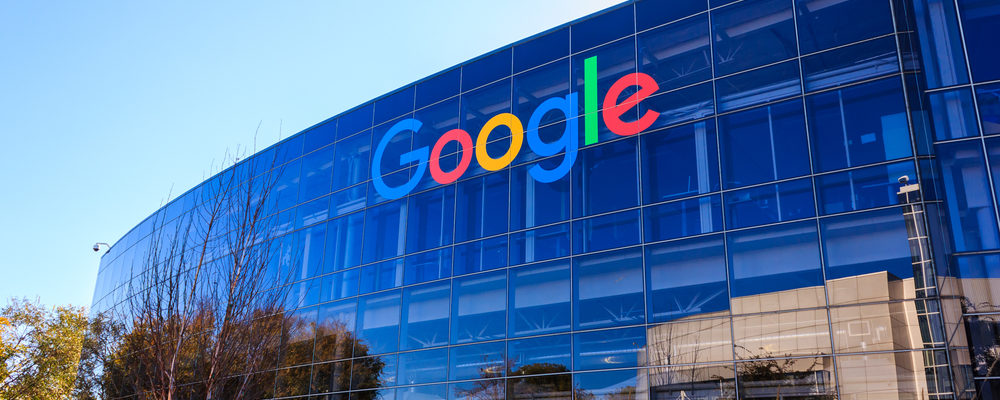In a dramatic move that caught tech industry observers off guard, Larry Page and Sergey Brin stepped back from direct, managerial control of Google holding firm Alphabet on 3 December, handing the company off to Google CEO Sundar Pichai.
He will now continue as CEO of both organisations.
In a special edition of Page and Brin’s occasional ‘founders’ letter’ blogs, [1] the pair write: “Today, in 2019, if the company was a person, it would be a young adult of 21 and it would be time to leave the roost. While it has been a tremendous privilege to be deeply involved in the day-to-day management of the company for so long, we believe it’s time to assume the role of proud parents – offering advice and love, but not daily nagging!”
They explain: “With Alphabet now well established, and Google and the Other Bets [ie, experimental projects such as self-driving cars firm Waymo] operating effectively as independent companies, it’s the natural time to simplify our management structure. We’ve never been ones to hold on to management roles when we think there’s a better way to run the company. And Alphabet and Google no longer need two CEOs and a President … We are deeply committed to Google and Alphabet for the long term, and will remain actively involved as board members, shareholders and co-founders. In addition, we plan to continue talking with Sundar regularly, especially on topics we’re passionate about!”
Page and Brin point out that, since they issued their first founders’ letter, the company they built has evolved and matured: “Within Google, there are all the popular consumer services that followed Search, such as Maps, Photos, and YouTube; a global ecosystem of devices powered by our Android and Chrome platforms, including our own Made by Google devices; Google Cloud, including GCP and G Suite; and of course a base of fundamental technologies around machine learning, cloud computing, and software engineering.”
In an op-ed at The Verge, executive editor Dieter Bohn notes that Pichai already has a lot on his slate: “His most important job lies within Google still, and it’s not just cleaning up the effects of Google’s culture on its products. Instead, it’s stabilising the culture itself. After that, it’s navigating the new world of regulation, antitrust, the techlash and well-justified privacy concerns from its users.”
Given the high-stakes nature of any handover, what sort of conditions enable founders to be sure that it’s the right time to let go of the organisation they’ve nurtured?
The Institute of Leadership & Management’s head of research, policy and standards Kate Cooper says: “The decision to step back will always be a challenge for any founder. And whatever sort of PR, explanation or spin is put on the decision, it may be based to a large extent on personal circumstances.
“But what we can say with some degree of certainty is that Page and Brin were drawn to a fast-paced, disruptive industry where they didn’t quite know which new trend or technology was going to come out next. In the time since they founded Google, they have harnessed that creative electricity and adapted to the disruption. So for them, because of their track record, change is less of a psychological hurdle. That has made it easier for them to embrace the various challenges within and around their sector.”
Cooper adds: “Their industry is very dynamic and fluid – one in which you’re constantly looking around for what’s coming, seizing advantage of the disruptive forces that emerge and adjusting your business model accordingly. So if anyone has what it takes to go on to new challenges, one would expect it to be these two. And that will certainly have resonance for anyone who has grown accustomed to the ebb and flow of a sector they have operated in for some time, and is thinking of seeing what’s going on elsewhere.”
For further insights on the themes raised in this blog, check out the Institute’s report The Five Dimensions of Leadership: Vision
Image of Google’s Mountain View, California headquarters courtesy of achinthamb, via Shutterstock

